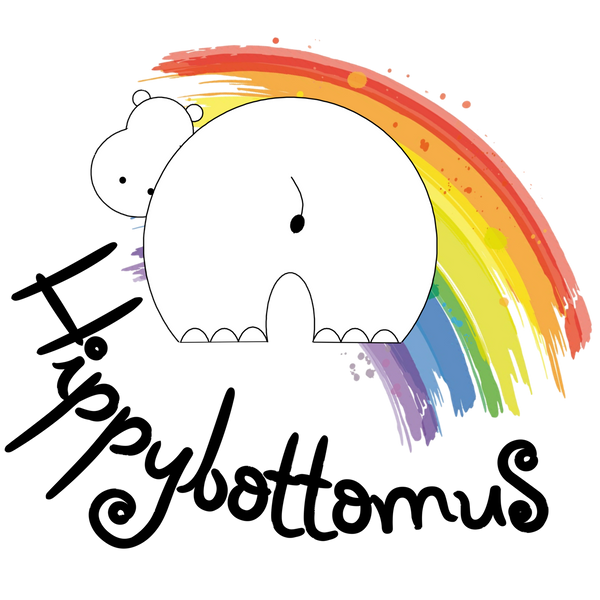FAQs
HERE ARE THE ANSWERS TO THE MOST COMMON CLOTH NAPPY QUESTIONS
QUESTION: My cloth nappies are leaking. Agh! What could be the reason?
ANSWER: There is generally always a solution to leaking nappies:
- The nappy needs to be done up more tightly around the stomach or legs
- The insert is bunching in the pocket
- The nappy needs to be prewashed (see care and wash instructions)
- There is clothing pushing up against the absorbent part of the nappy, causing wicking
- The nappy has been left on too long – change more frequently and/or add an insert
- A film has been left on the nappy due to using too much detergent, barrier creams or fabric softener. In which case you will need to do a strip clean (see care and wash instructions)
ANSWER: Your first solution should be to dry your reusable nappies in the sun and wind. The sun really does work wonders at getting rid of smells (and stains). Also make sure your cloth nappies are fully dry before you bring them in and put them in the cupboard/draw. If this still doesn’t help then there are some other steps you can take ( in order of preference):
- Use extra detergent for a little while with your nappies - perhaps all they need is a little bit more detergent to work out the ammonia smell
- Wash your cloth nappies in warmer water (but make sure it’s not too hot so that you don’t damage the PUL layer)
- Make sure you wash your cloth nappies more frequently. It is best not to leave cloth diapers anymore than 48 hours in between washes
- Leave your cloth nappy bucket outside with the lid open
- If you have to keep your nappy bucket inside then tape a nappy bucket deodoriser to the lid, as this will also help to reduce the ammonia smell
- Rinse your nappies before putting them in your nappy bucket
NOTE: Do NOT use Bicarb soda. Although this works well in getting rid of the ammonia smell it can damage your cloth nappies. It also requires the use of vinegar to neutralise the pH, which can also damage your nappies!
QUESTION: I have stubborn stains. What can I do?
ANSWER: The best (and most natural way) to get rid of stains on your reusable nappies is the SUN. The UV from the sun is a natural bleach and it also sterilisers your nappies as an added bonus. Even if it is a cloudy day the UV still reaches your nappies and can work at getting rid of those stains. Simply, try hanging your nappies outside. In fact, apparently the moonlight can also help!
Sometimes, it just take a couple of washes to get rid of the stains. As long as you have followed the washing instructions your nappies should be clean enough to keep using, as the stains are only cosmetic.
If the stain is still persisting (after a couple of weeks) and you are REALLY desperate to get rid of them then you can try a sunlight/velvet soap or spray (only) the affected area with a little bit of stain remover. Make sure this is only done on a clean and dry cloth nappy and that you only do it on the odd occasion if absolutely necessary (eg. if you’re bub has eaten blueberries)
DETERGENT RECOMMENDATIONS
We recommend more natural detergents such as Ecostore or Aware. These are free of additives that can block the pores of the nappies. There are more detergents available online. If unsure please feel free to check in with us.
MY NAPPIES REPEL WATER WHEN POURED ON TOP. I DON"T THINK THEY WORK.
This is normal. The nappies actually need to be pushed up against the skin to absorb.
The bamboo stay-dry fabric needs the pressure of being snug on babies bum for the absorption to happen. And then once inside, the moisture will be locked in there (and won't come out). If people test this without the nappies being up
against the skin they think they're 'repelling', but it is in fact the feature
that keeps the nappies dry against the skin.
